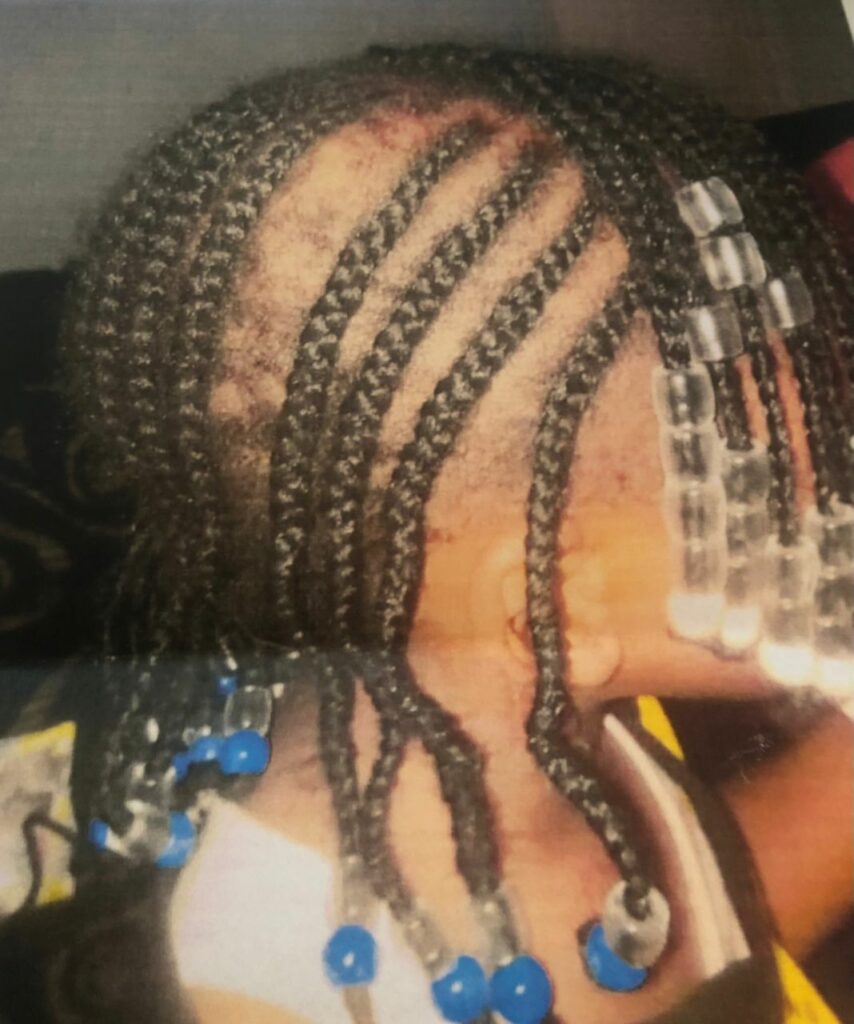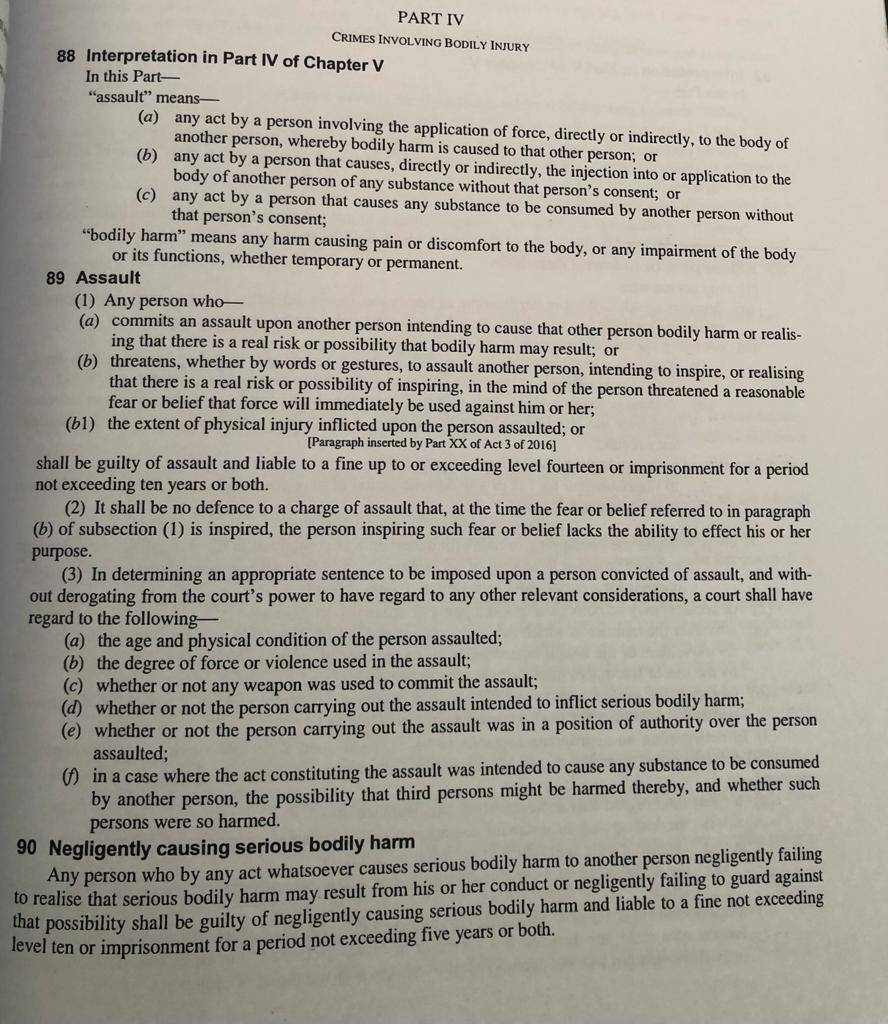A Bulawayo couple has reported to the police their four-year-old daughter’s pre-school teacher who allegedly cut off a piece of her hair and ordered her to keep quiet.
The incident happened on February 18, 2022, at Once Upon a Child Nursery School in Khumalo Suburb.
However, the child informed her mother about the incident when she arrived home who noticed a bald patch on her head.

The parents (whose identity will not be disclosed to protect the child) have since moved her to another pre-school following the bizarre act.
In an interview with CITE, the child’s parents said their daughter narrated how her teacher, Florence Mapholisa, took a pair of “yellow scissors” and cut off the braid.
“The teacher told our daughter she did not like her braids and after cutting it off asked her to keep it a secret,” said the father who added this information spooked them, as they were left wondering what kind of game the teacher was playing at.
The parents reached out to the teacher via WhatsApp for her to explain what happened but she denied knowing what happened.
The father said they then contacted the school principal who advised them to come the next Tuesday since there was a holiday on Monday but they could not wait that long.
“We approached the police and reported the matter where the victim-friendly unit officers engaged us. The teacher was summoned and she denied again, saying we could ask the other children in her class. We went to the school and the police asked her class. But when police quizzed further, it was confirmed the school did have a pair of yellow scissors,” he said.
The mother added they did not know what the teacher did to the piece of braid as it was not found at the school.
Reached for comment, Director of Communications and Advocacy in the Ministry of Primary and Secondary Education, Taungana Ndoro, said “the Education Amendment Act prohibited any inhumane form of punishment or discipline to our learners.”
The matter was set to be heard at the magistrate’s court on March 10 but due to legal technicalities, the prosecution advised the parents to go to Civil Court.
State Prosecutor, Owen Mugari, explained when it came to criminal matters, the court would deal with the definition of terms and interrogate the offence in line with what the law says.
“The assault charge was crafted in a way that meant bringing discomfort and pain to the body. When those two elements or any one of them are not there then there’s no assault,” he said.
“The teacher cut the child’s hair and after cutting, we asked the child if she felt pain and she said nothing, which means the assault part falls as there was no discomfort of the body. Criminal wise when we say bodily harm, we talk of injury on the head or any part of the body and we don’t talk of hair as a body part. Since there was no discomfort and not to lose the matter, I advise the parents to take the civil route.”
At civil court, the prosecutor advised that parents can claim damages as they paid a hairdresser, as well as the psychological pain and the emotional trauma experienced by the child.
“Since the parents don’t know what happened to the hair, they can claim it back,” Mugari said, adding he had consulted colleagues, from prosecution to defence, on the case and the best route to take.
“We are still going through documentation concerning the Children’s Act but I advise my clients to go to the civil court if we are to succeed. A trial can still be conducted, even if the teacher continues denying.”
Meanwhile, the teacher’s defence team from Messrs Moyo and Nyoni Legal Practitioners has since applied for an exception.
The application for the exception will be heard on March 16, 2022.
The teacher’s defence argues the charge sheet outlined in the state’s case does not show there was an application of force nor does it show any bodily harm afflicted on the complainant, as read with Section 88 and 89 of the Criminal Law (Codification and Reform) Act.

The exception noted this matter was couched in generalities, vague and embarrassing for its lack of specificity.

